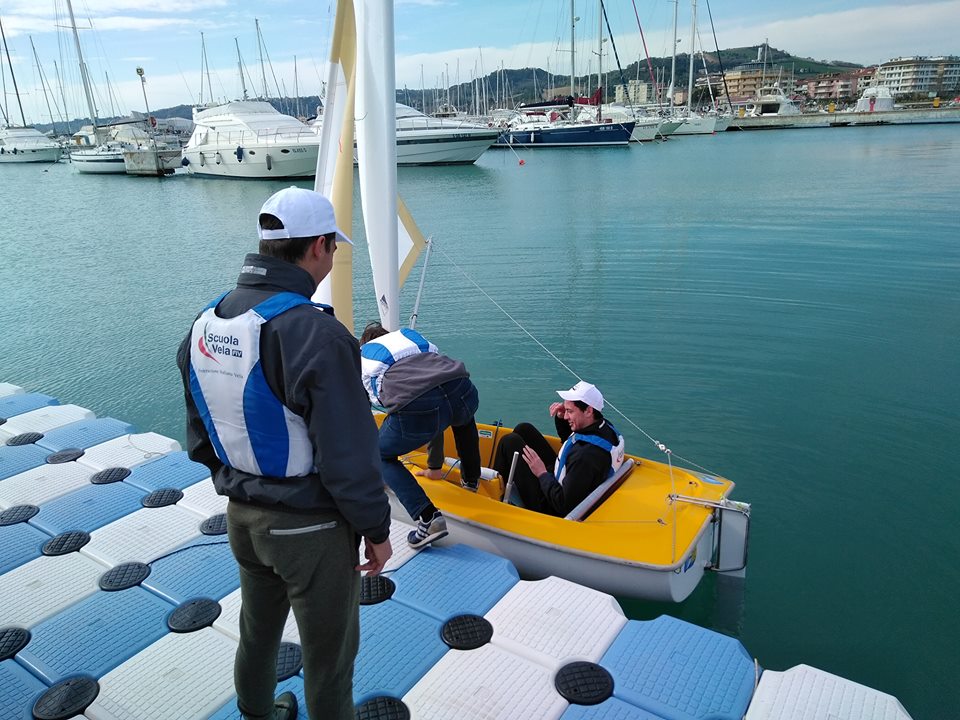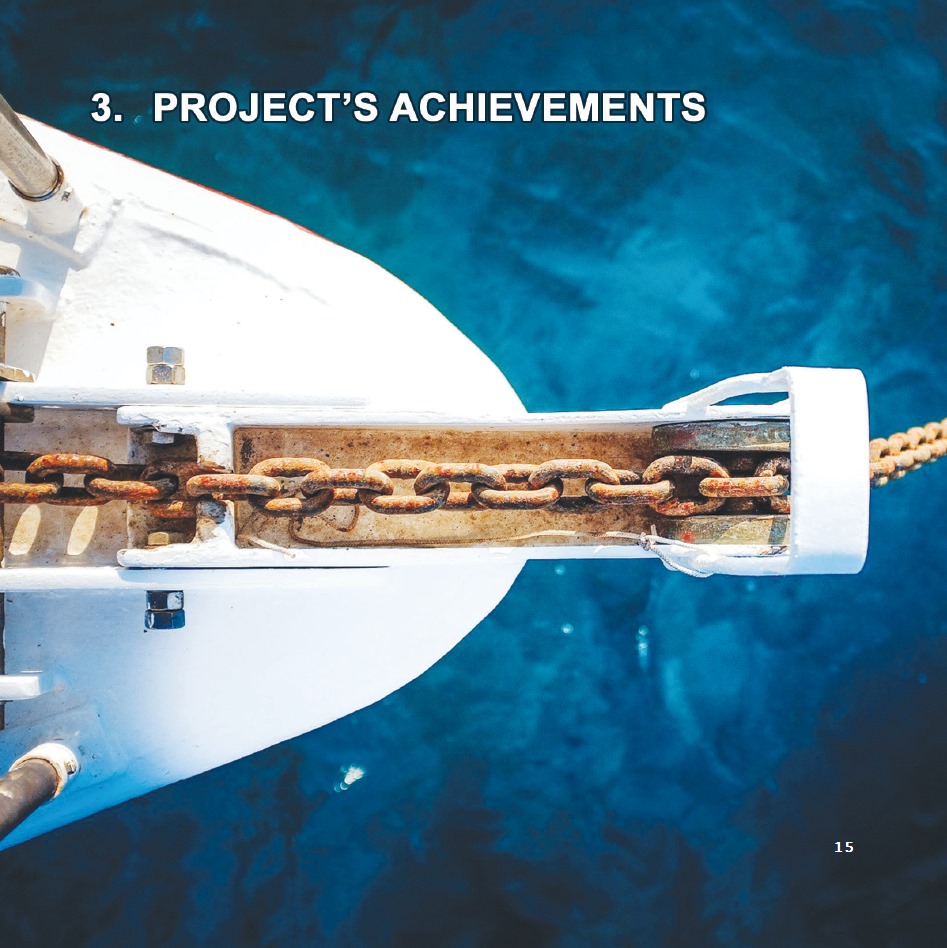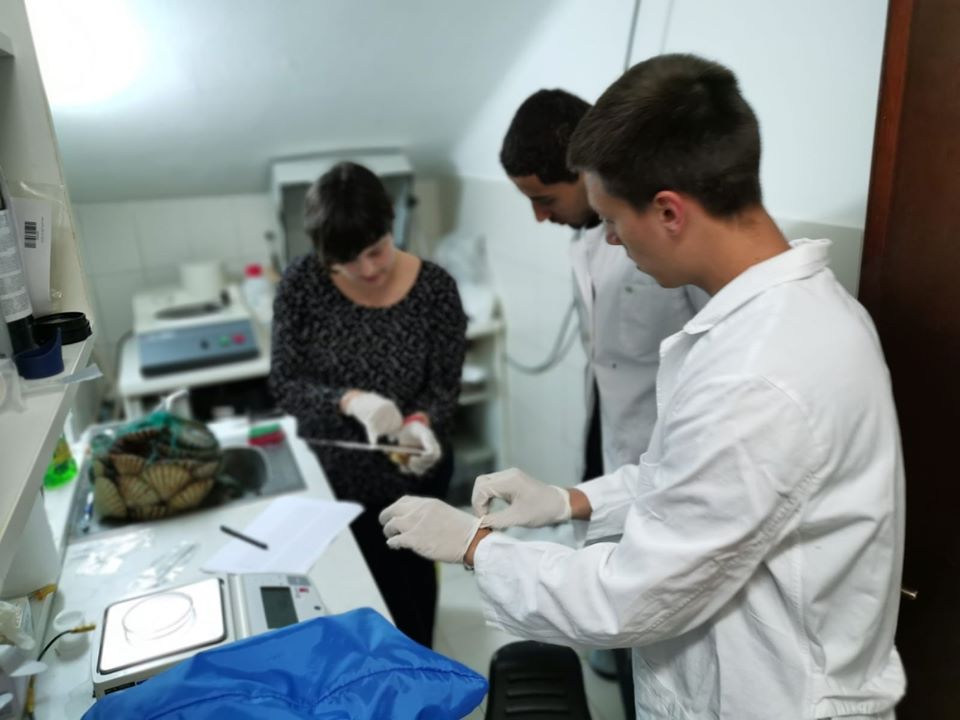The BLUE KEP project main aim was to enhance the framework conditions for the innovation of the nautical and maritime sectors by strengthening the integration between technical education systems of the cross-border area through the standardisation of schools’ curricula and a common scheme for the evaluation and recognition of mobility credits. In order to meet this goal, the BLUE KEP project involved a pool of education and technical experts, who supported the partnership and the stakeholders in accomplishing each step of the methodology that brought to the design and implementation of the BLUE KEP Exchange Programme.
The BLUE KEP Exchange Programme was the result of a systematic coordination and cooperation between project partners, education experts, accredited schools and private stakeholders. It included the establishment of procedures for the accreditation of schools and for the selection of students, the creation of a mobility plan including international modules and hands-on training at local companies, a common scheme for the evaluation and recognition of the competences acquired. It also envisaged activities aimed at the endorsement and dissemination of results.
The BLUE KEP Exchange Programme created cross-border tools and procedures for the standardisation of curricula of 12 accredited schools, including 38 Mobility Training Programmes and 38 Learning Agreements and 65 Mobility Certificates.
These schools officially undertook inter-institutional agreements as to provide a quality training programme, including 4 international training modules created ad hoc, while recognising credits across the borders. By means of cooperation, schools improved knowledge of their different education systems and laid the bases for building long-lasting and trust-based relationships.
The BLUKE KEP project created mobility and traineeship opportunities for 19 Italian and 19 Croatian students, and certified their acquired skills by referring to European standards and instruments. Students acquired knowledge, skills and competences, that were created transnationally and that are deemed to increase their employability prospects.
The project also supported the mobility of the 27 teachers that accompanied the students in hosting countries and certified their contribution to the management and implementation of the mobility exchange.
43 teachers in total, 19 from Croatia and 24 from Italy, had a chance of building a transnational network to exchange ideas, experiences and to identify good practices, while collaborating to the creation and recognition of transnational skills.
The BLUE KEP project strengthened the cross-border cooperation among targeted blue economy clusters, while producing a positive impact on 20 involved companies', which international dimension and attractiveness were enhanced. Last but not least, the project reinforced the synergies between the business sector and the education system, strengthened schools' capacity to match labour market needs and gave companies an opportunity to contribute to building a better skilled future work-force.




